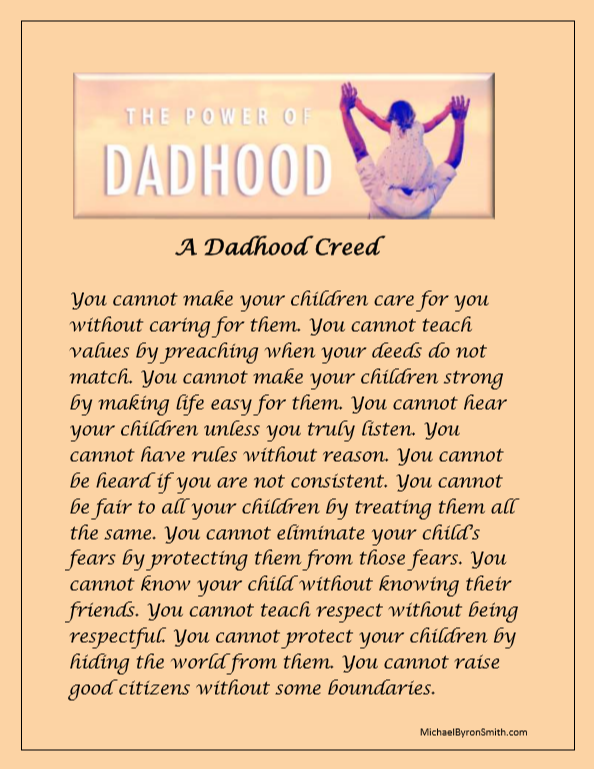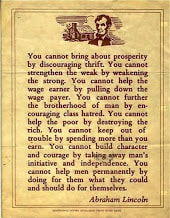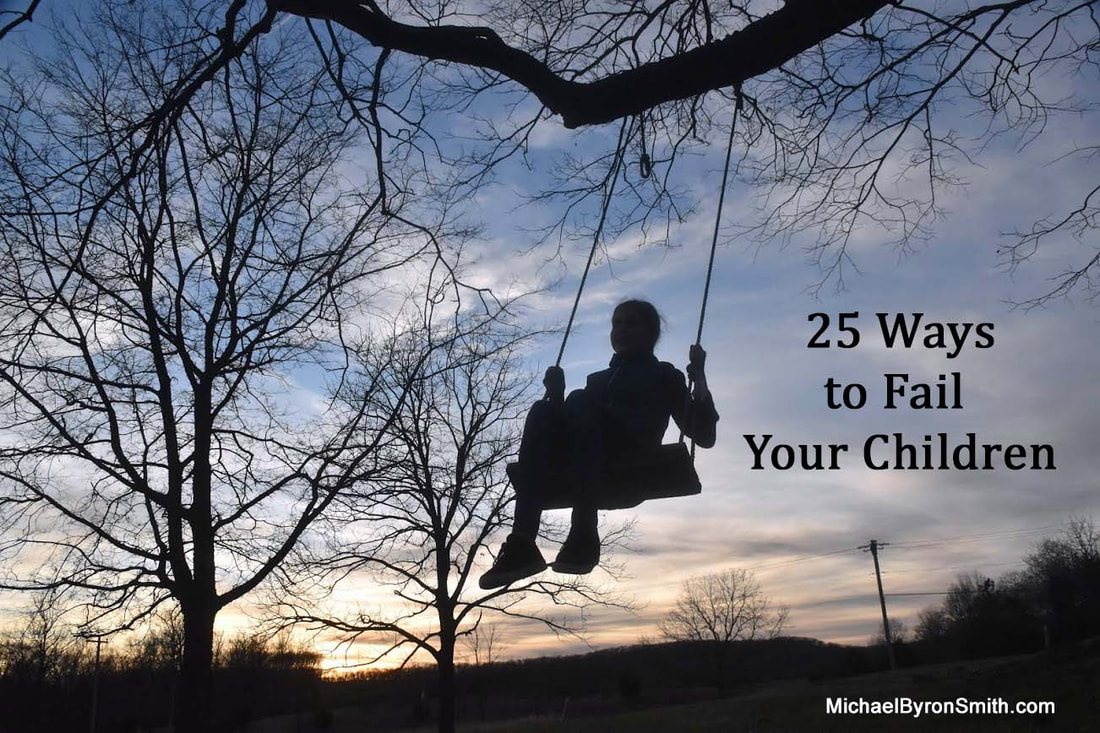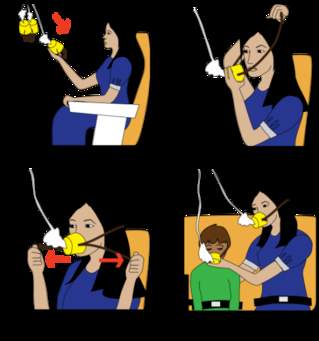
Suppose, on the other hand, you were born into a family of means, where education was emphasized and opportunity abounded. Will you take full advantage and grow? Or will you become lazy and feed on your advantages, never doing much with them and passing on to your children less than you once had?
We come into this world with three things. First of all, we are born into a life situation. Where we are born, who we are born to, and the history of those to whom we are born to are circumstances beyond our control - yet very significant factors for our future. Secondly, we are given a unique personality. Whether that is as an introvert or extrovert, an optimist or a pessimist, some degree of intelligence, or many other factors, our personality is as unique as our face. Lastly, we are given choices. Every day of our lives, we are making choices. Sometimes, it seems as if our options are limited, but there will always be choices. However, those choices can be tough, painful, and often limited.
Canvas - Brush - Colors
A metaphor for the life situation into which we are born is a canvas. That canvas can be almost blank for some, dark for others, and beautiful for the fortunate among us. Once we are born, and our personality begins to reveal itself, we become a paintbrush with the ability to make our own mark onto the canvas. How we change that canvas, which is now our own, depends on our choices. Choices are the colors we choose for our brush, altering our canvas every day. Even non-action is a color, likely grey. Someday, we may become a parent, leaving a canvas for our children to begin their life.
As artists, we are not equally talented. Our canvas, at various stages of our lives, will become what we do with it. We have no control of the canvas we were given, little control of our paintbrush’s size or texture, but we can choose any colors we want of those before us. It’s up to us to do our best with what we have. We all can’t be Rembrandt, but we can, at a minimum, improve upon the canvas we were given. Our painting is our life and will become the canvas we leave for those that follow us.
Parents
Parents are directly responsible for the canvas and indirectly responsible for the paintbrush and colors provided. Leave a canvas that stimulates and encourages your children, which gives them an edge over those that have to whitewash and start all over. Leave them a canvas (environment) to build on, to deepen, and to make their own. Please give them the education, support, and confidence - the brushes (right tools), that can make broad, strong strokes - or fine brushes that can bring out details that make all the difference in telling the story of their painting. Provide a broad spectrum of colors (choices) for them to choose from, but let them make those color choices.
Every child's success will be helped or hindered by their parents. Sometimes parents help without reward. Other times our children succeed without our help. Mostly parents are the leverage all kids need for a good start in life. We will never know how much, but be assured the impacts of parental actions or non-actions are significant. #powerofdadhood
















